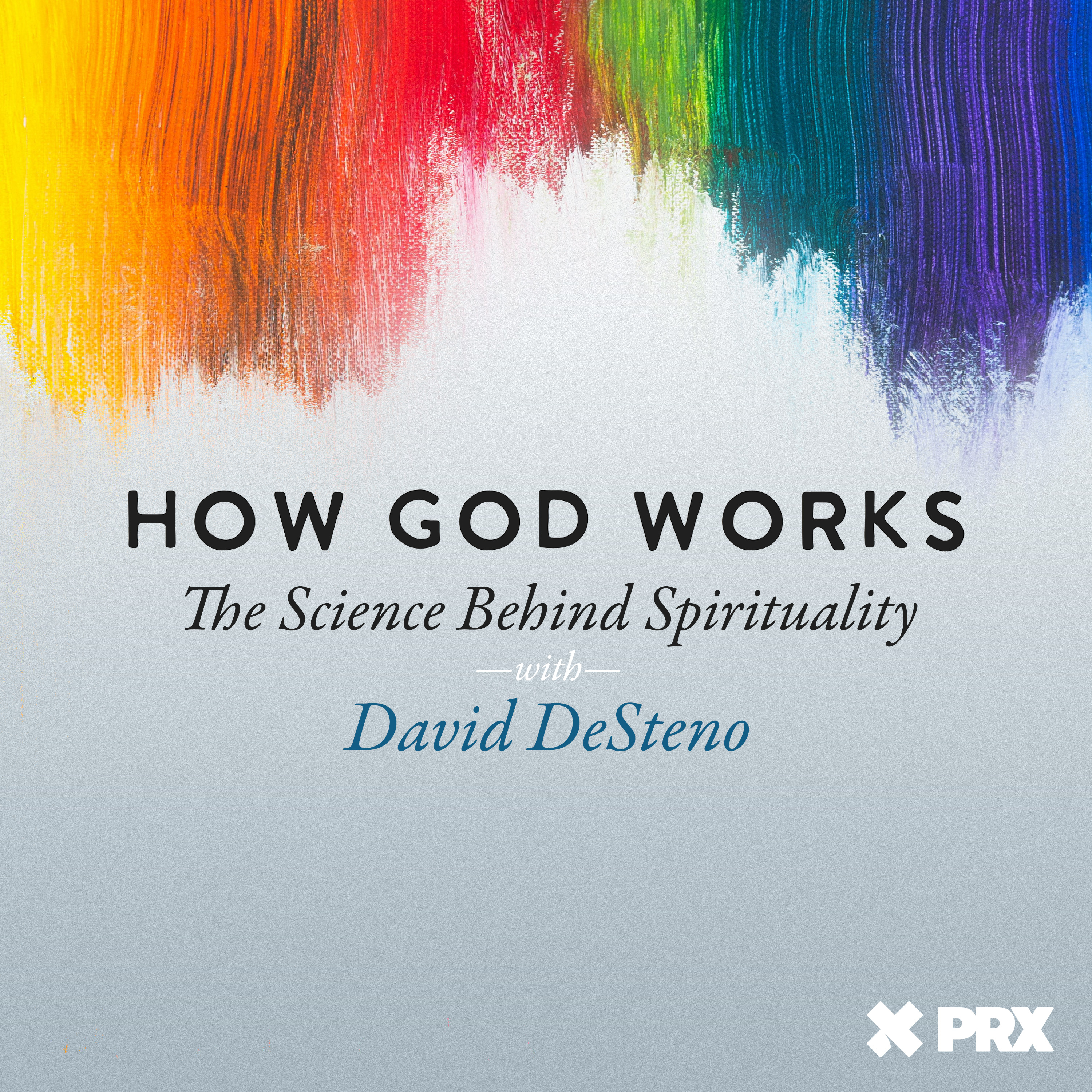Religion & Mental Health Part 2: Addiction
Description
When it comes to treating addiction, twelve-step programs like Alcoholics Anonymous are some of the most often used in the US. But while twelve-step programs have several components, one of the most central is surrendering control to a higher power. But how important is that idea? Does relying on a divine influence help or hurt? And might there be other routes to recovery?
We’ll talk with bestselling author and New York Times opinion writer Maia Szalavitz about what the research on addiction and addiction recovery shows, as well as her own path out of drug abuse. And we’ll discuss the relationship between perceptions of “divine control” and personal wellbeing with sociologist Laura Upenieks.
Maia Szalavitz is the author of Undoing Drugs: How Harm Reduction is Changing the Future of Drugs and Addiction. Learn more about the book, and her other writings, on her website.
Laura Upenieks is an Assistant Professor of Sociology at Baylor University. Learn more about her research here.
If you or someone you know is struggling with addiction there are many resources out there to help. Among the options Maia recommends exploring to see if they are right for you: SMART Recovery, Women for Sobriety, and Alcoholics Anonymous.
More Episodes
There’s no question we’re living in difficult times that lead many of us to adopt a cynical outlook. But while cynicism might feel smart, science shows it’s corrosive not only to our own wellbeing, but to society as a whole. We’ll talk to Stanford Professor of Psychology Jamil Zaki about the...
Published 10/27/24
We spend a lot of time on How God Works talking about how spirituality can offer tools to become better versions of ourselves. And while learning to be happier, healthier and more resilient are all positive things to strive for, they can also lead us down a different path - an obsession with...
Published 10/13/24
Published 10/13/24


